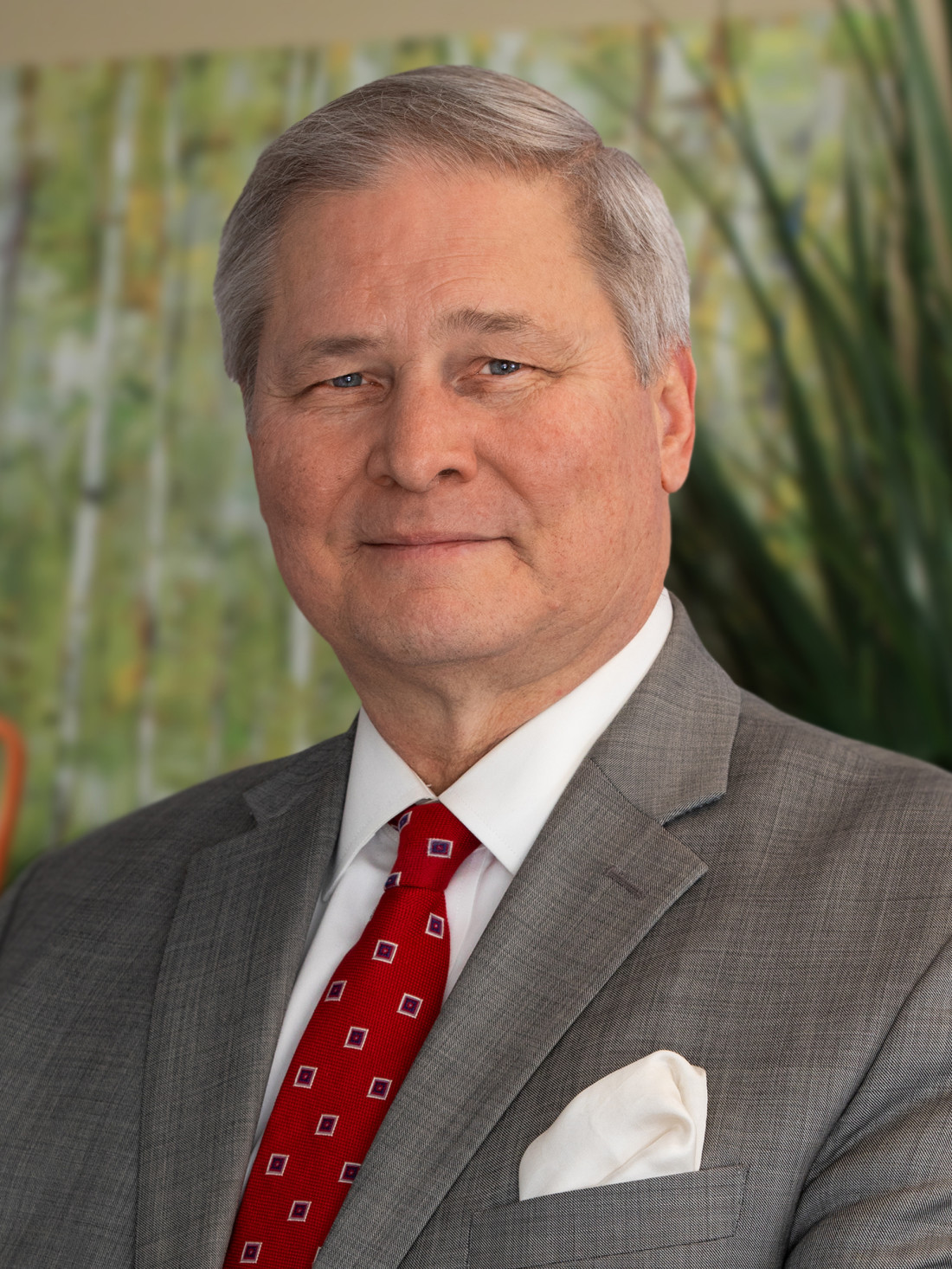What You Need to Know
- A New Jersey Supreme Court Special Committee recently voted 21-5 in favor of establishing a pathway for attorneys to readmission following disbarment for the knowing misappropriation of client funds.
- The Committee was formed following the Court’s 2022 ruling In re Wade, and has recommended a series of mandatory conditions to be met by applicants for readmission.
- The public comment period on the Committee’s report and recommendations ends on August 1, 2023.
In a Notice to the Bar dated June 29, 2023, the New Jersey Supreme Court Special Committee on the Duration of Disbarment for Knowing Misappropriation (often referred to as the “Wade Committee”) announced its recommendation, reached by a substantial majority, for a pathway for attorneys to readmission following disbarment.
The Wade Committee was formed under former Justice Virginia A. Long’s Chairmanship as a consequence of the Court’s 2022 decision In the Matter of Dionne Larrel Wade, which reaffirmed that disbarment was mandatory where a lawyer knowingly misappropriated client and escrow funds. Because Ms. Wade admitted to the knowing unauthorized use of client and escrow funds, she was disbarred.
The Wade Court, however, noted that unlike in a vast majority of other states, disbarment in New Jersey is permanent. Recognizing the harshness of that comparison, the Court directed the formation of a Special Committee to examine and recommend whether there should be a pathway to readmission following disbarment. If so, the Committee was charged with recommending what that process should be, including what factors should be considered to qualify a person for readmission and any conditions to be imposed.
Leaving untouched the disbarment mandate for knowing misappropriation, the Wade Committee has now recommended that disbarred lawyers in those cases should be given an opportunity for a second chance with appropriate safeguards. Those mandatory conditions are as follows:
- Potential readmission should be extended for any type of knowing misappropriation to be determined on a case-by-case basis;
- A five year waiting period should be imposed consistent with the majority of jurisdictions and ABA recommendations;
- The procedures in New Jersey Court Rule 1:20-21 for suspended attorneys should be followed and the same clear and convincing standard used;
- Requiring any applicant to demonstrate competency on the Model Rules of Ethics examination and a retaking of the bar exam could be required if warranted by specific facts;
- Makeup CLE credits should be required, although the number of those credits remains open;
- Notice should be required to the grievant on the matter leading to disbarment, those whose docketed complaints were dismissed because of disbarment, and clients who were reimbursed by the Lawyer Fund for Client Protection;
- Readmission applicants could only proceed after fully reimbursing the Fund;
- Reapplication should not be available after a second disbarment, and;
- A sixth month waiting period to file a new application should be imposed if an applicant is denied readmission on the first application.
The Wade Committee also recommended discretionary conditions that could be imposed in a particular case. Examples of these conditions are annual audits, client disclosure of prior disbarment, mandatory professional liability insurance, CLE in trust accounting, and treatment for mental health conditions, substance abuse and other addictive behavior. The Committee acknowledged the possible effects of bias in the disbarment and readmission processes and recommended review of the processes and outcomes to address equity concerns. Finally, the Committee concluded that the readmission option should be extended to all attorneys disbarred for any reason and not just in cases involving knowing misappropriation.
The Court has invited written comments on the report and recommendations of the Committee. The comment period ends on August 1, 2023, following which time the Court will decide whether to accept these recommendations in whole or in part and what process for readmission, if any, it will establish. Comments may be submitted via email or postal mail as indicated in the report.
Robert B. Hille, the author of this Alert, is a former President of the New Jersey State Bar Association and a member of its Amicus Committee. Mr. Hille participated in drafting the NJSBA’s Amicus Curiae brief and argued on behalf of the Bar in the Wade matter.
|
|
Robert B. Hille |

